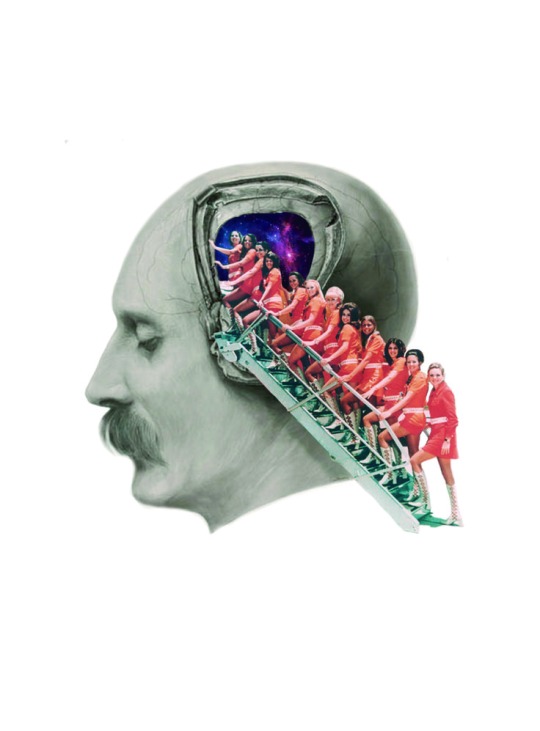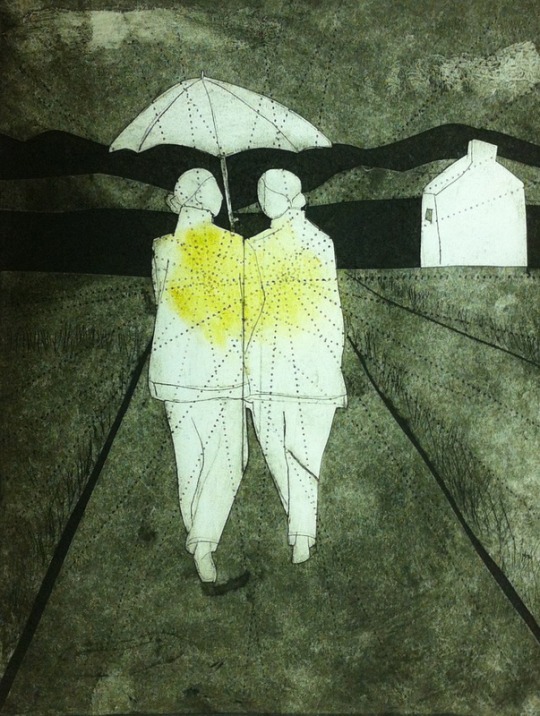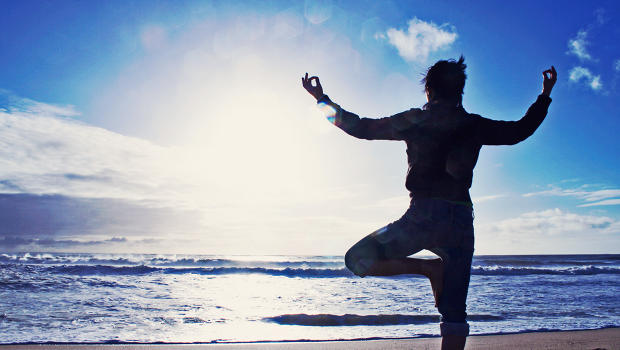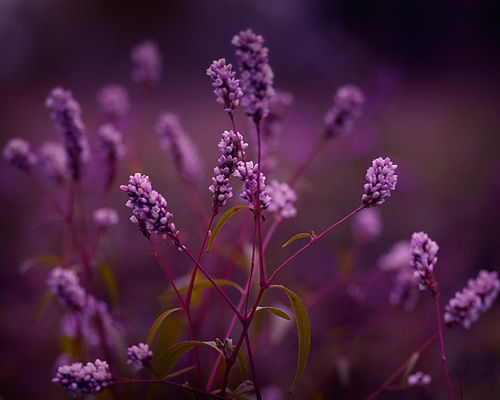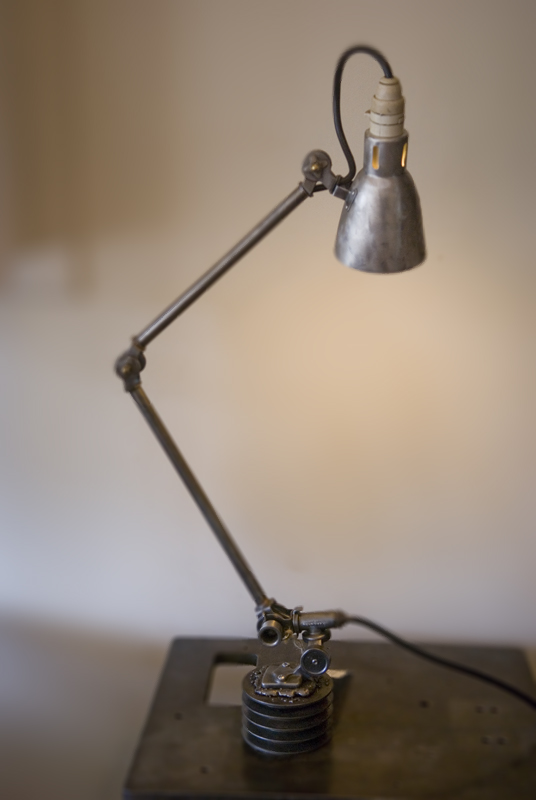The world can be seen though many angles. We wake upon the “wrong side of the bed” and perceive the world as a dark rain cloud and in a matter of moments we drink some coffee and then find ourselves feeling more optimistic about what the day will be like.

The striking thing about life that always surprises me is the constant resurgence of being reminded again and again about the value of connecting. There’s a fuel and a driving force that fulfills us more than any experience, and that is an encounter that connects us with someone else.Connection can be a new way to view the world. Connection with others has the possibility of showing us pieces of ourselves that we otherwise might not have found by isolating.
Connection, the present energy with which we connect, the way we look for connection, the way we honor connection and the reasons we connect are questions that should be pondered constantly. We are provided with daily reminders of how important it is to connect with others. What is the quality of connection that you strive for? How can your connection with others be deepened? The quality of your connections with others will show you volumes about yourself and your place in the world.
The moment we decide to change our perspective from an internal and selfish view of the world to a playground where the possibility of goodness, of satisfaction and of fulfillment can take place, we then see ourselves as part of a solution.
